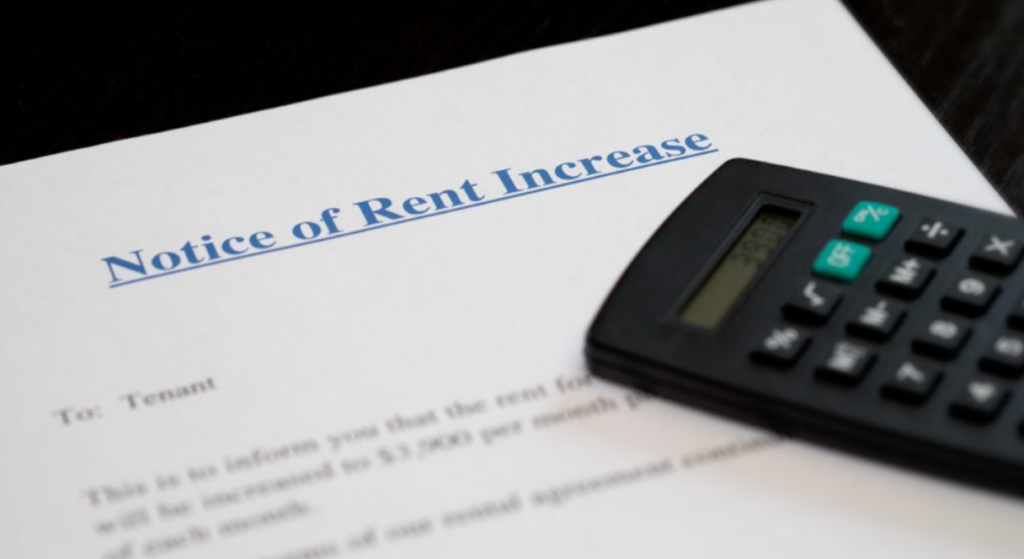Tenants across the U.S. are reporting big increases in their rents, in a reversal of a trend that occurred during the early days of the coronavirus pandemic when the cities saw an exodus of renters to the suburbs and exurbs.

Now, as those people return to the city centers, high demand is pushing rents up sometimes even beyond what they were prior to the pandemic.
“Renters who originally received pandemic pricing are now experiencing steep rent increases at renewal — sometimes upward of 40%,” Allia Mohamed, CEO of openigloo, told CNBC. “I’m amazed this is legal.”
Most American tenants have little protection. While some states have limits on how much rents can be increased in a single year, most do not. One of the few that does have protections is Oregon, where landlords are restricted to a 7% hike in rents per year.
Rents in the 10 largest U.S. tech cities — such as New York City and Austin, Texas — have surpassed their March 2020 levels by an average of 6.3%, according to realtor.com’s monthly rental report. In most of those cities, the September rental growth rate is higher than prior to the onset of the pandemic. The cities with the largest annual gains are Austin (up 22.3%) and Denver (up 15.5%), realtor.com reported.
As rental costs rise, some tenants may be pushed to negotiate, on grounds covering being a quiet, well-behaved tenant or offering to help fill any vacancies in the building. Tenants should compare rents of similar apartments in the area to get a gauge of current costs. For example, Zumper.com allows tenants to view median rental prices in an area.
Some property owners may be more willing to negotiate rent increases if the tenant considers signing a two-year lease instead of a one-year lease. They may be more willing to negotiate with a tenant who is willing to offer a few months of rent up front as well.
Renters may find moving could be more costly than just paying the steeper costs. “Property managers routinely price renewal leases below what they’d charge a new resident,” Jay Parsons, vice president and deputy chief economist at RealPage, told CNBC. Property owners may try to save on the costs of turning over a property, such as painting and changing the carpet. “Upfront costs such as movers and utility transfers can add up and might actually be more expensive than the rent increase.”